Recent lapse of 45-year research agreement may hamper development of global innovations, they warn
The science and technology relationship between the United States and China has entered a new era of complexity and uncertainty after a 45-year-old agreement, long considered a cornerstone of cooperation, expired on Aug 27.
The U.S.-China Science and Technology Agreement, the first official agreement signed after the normalization of U.S.-China relations in the 1970s, ended despite the scientific community's efforts to have it renewed.
Originally signed by then U.S. president Jimmy Carter and then Chinese leader Deng Xiaoping in 1979, the symbolically significant pact had been renewed every five years since it took effect, with the most recent renewal in 2018.
However, the agreement's fate had been hanging in the balance since August 2023, when it was on the verge of lapsing. In an attempt to salvage the agreement, the two countries extended it twice, for six months each time, to negotiate renewal terms. Those efforts proved unsuccessful, and the most recent six-month extension expired last month.
Many disappointed
The demise of the STA has sparked concern and disappointment among experts in the field.
Richard Dasher, director of the U.S.-Asia Technology Management Center at Stanford University, supports maintaining international cooperation.
"I think we should stay internationally focused. And I think that cooperation is good whenever we can do it. So, in principle, I would be in favor of continuing the U.S.-China Science and Technology Agreement," Dasher told China Daily.
The frustration surrounding the obstacles to renewing the STA is palpable within the scientific community.
Denis Simon, a former professor at Duke University's Fuqua School of Business, and Marcus Stanley, director of studies at the Quincy Institute for Responsible Statecraft, voiced their exasperation by asking, "Why can't we just let American and Chinese scientists get along?"
In an article published in the Quincy Institute's online magazine Responsible Statecraft the day after the agreement expired, the authors emphasized the critical role of the STA in fostering scientific collaboration.
"The STA provided an overarching framework for facilitating scientific exchanges, joint research projects, and the sharing of knowledge and technical expertise," they wrote.
Simon and Stanley warned of the potential consequences of allowing the STA to lapse.
"It would be a mistake for agreements to facilitate basic scientific research cooperation such as the STA to become irretrievably damaged by the increase in U.S.-China tensions. The decision on whether to extend, amend, or terminate the STA has profound implications for the global scientific community," they cautioned.
The authors also highlighted the broader context of growing distrust between the two countries, which has contributed to the current impasse. Besides Congress, the U.S. government has increasingly scrutinized Chinese scientists and researchers over "national security" concerns, which has hampered academic exchanges.
"This climate of growing distrust not only has made renewal of the STA more contentious, but it has also made the rekindling of overall science and technology cooperation more difficult," they said.
Roger Pielke Jr, a nonresident senior fellow at the conservative American Enterprise Institute think tank, expressed his support for continuing the STA "in the most robust form that can be negotiated between the two nations".
He argued that the very existence of such an agreement is more important than its specific details, adding he viewed "decoupling" to be "a bad idea and it is also a bad idea in science and technology".








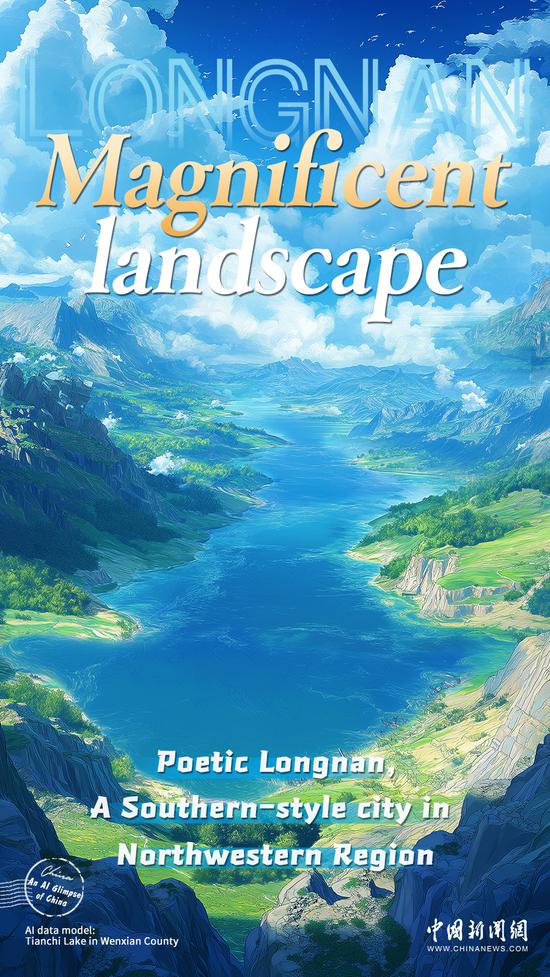
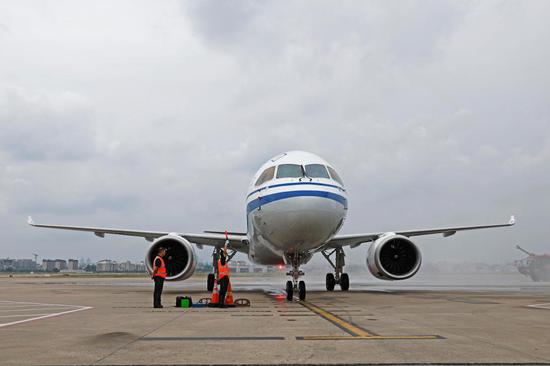

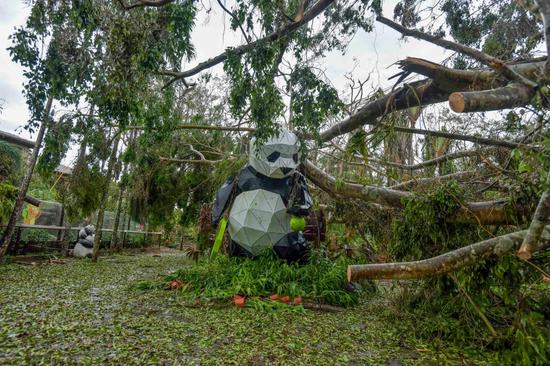
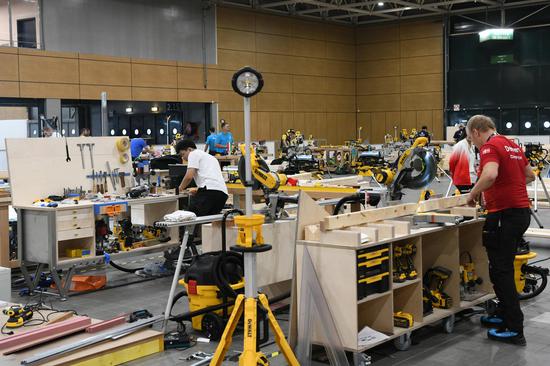

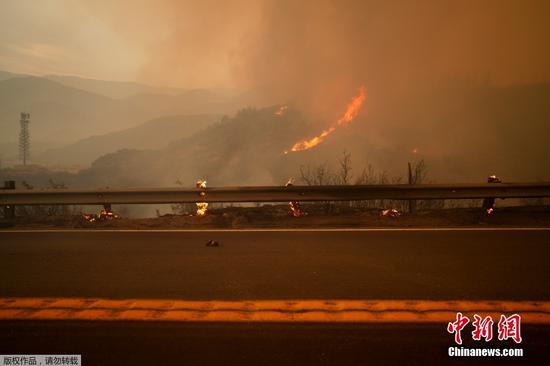

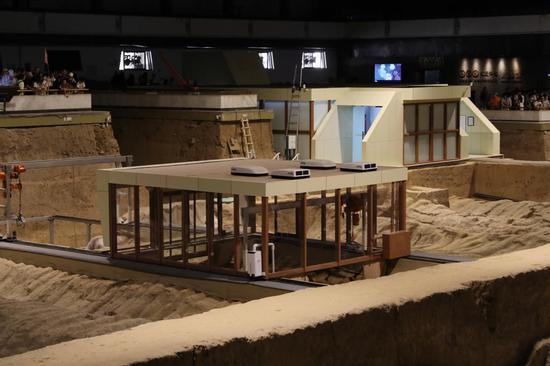
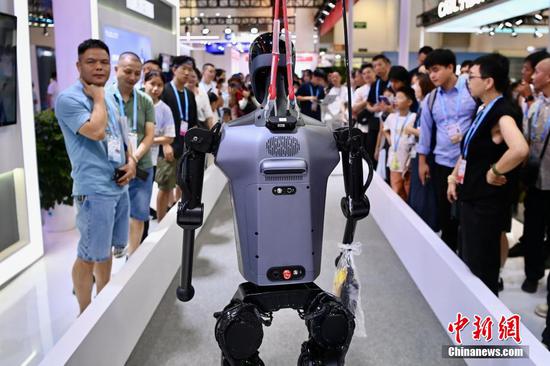
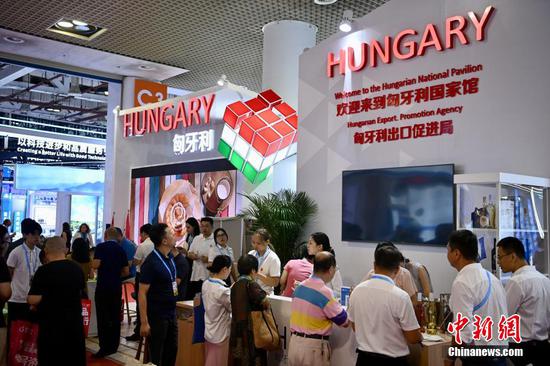
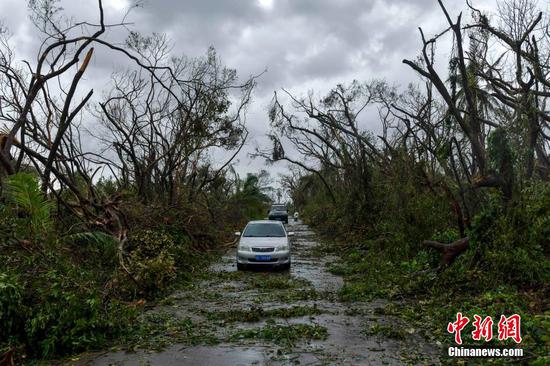


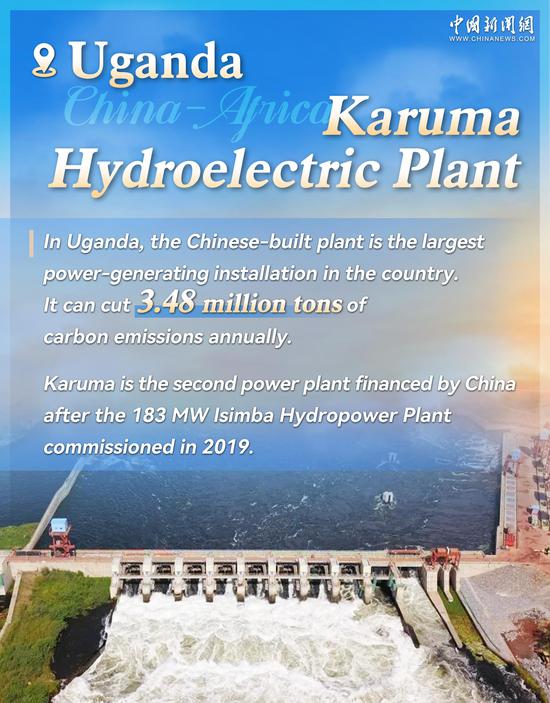
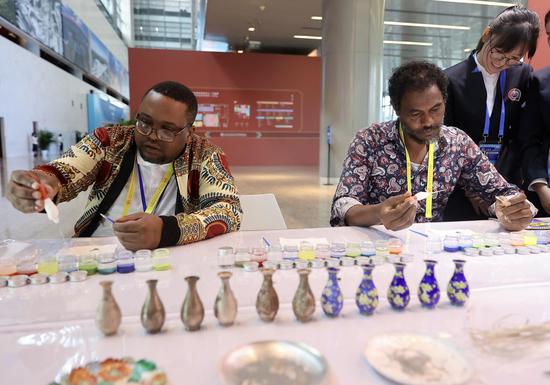
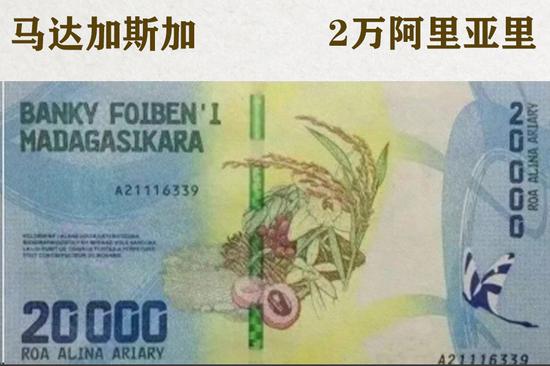
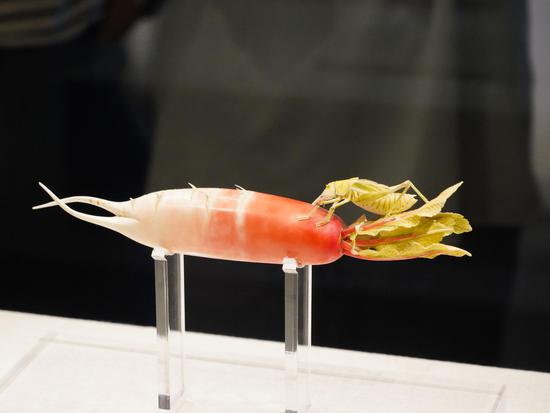
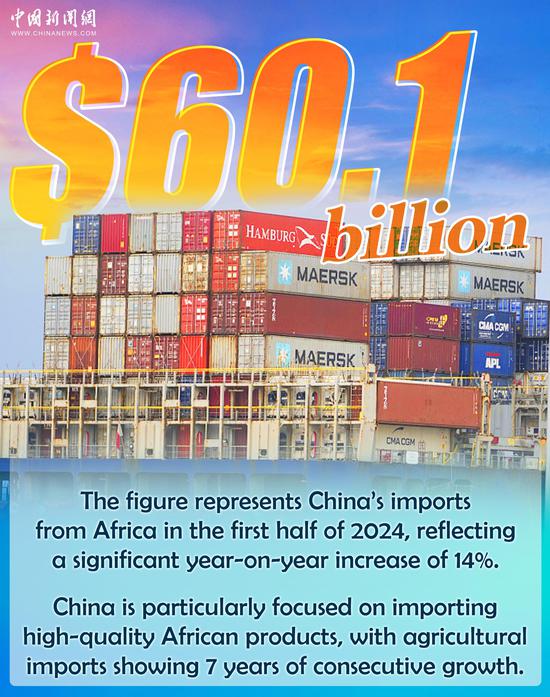
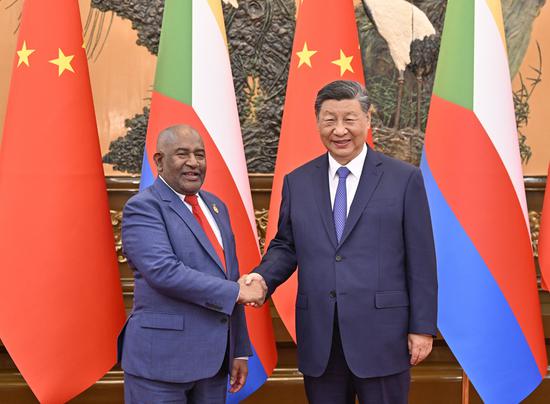
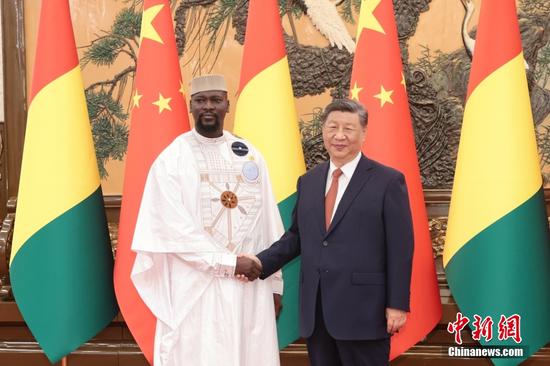
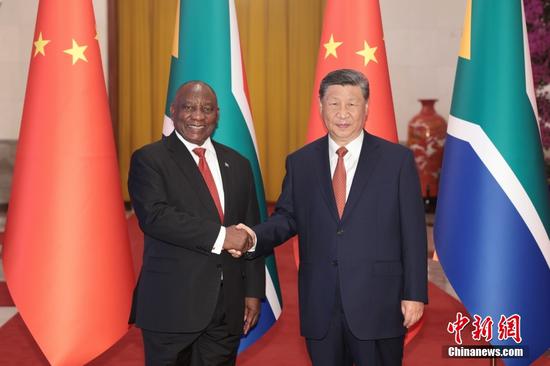
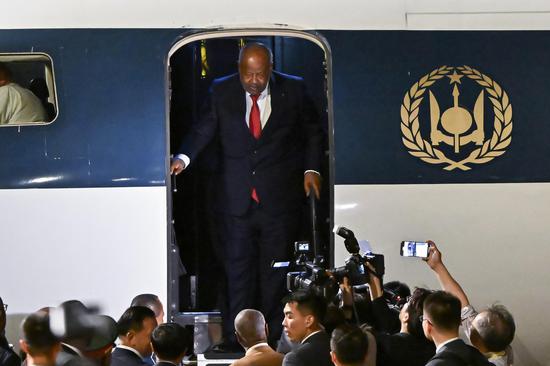
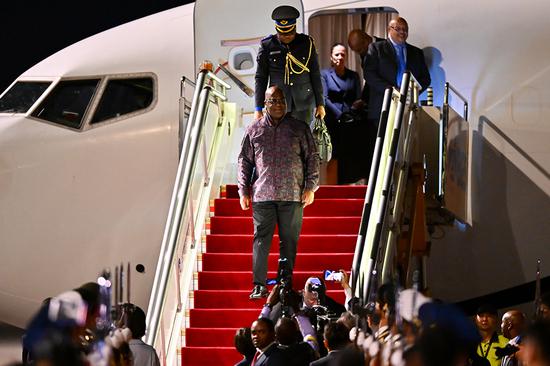

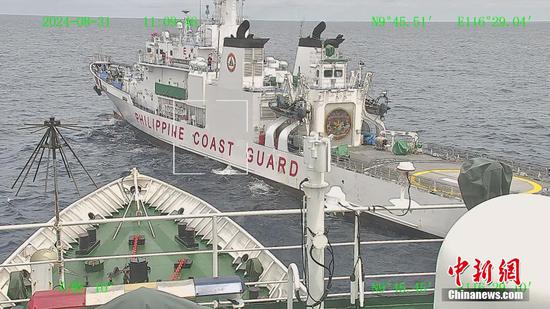
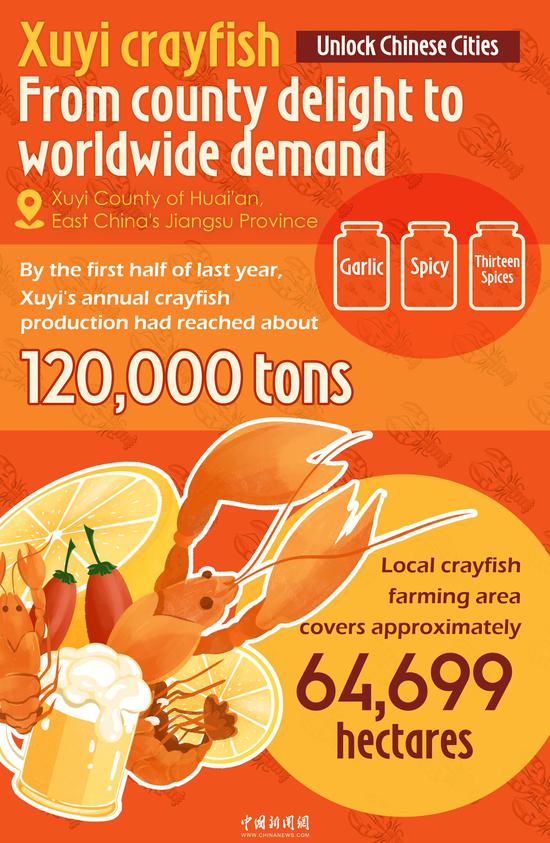
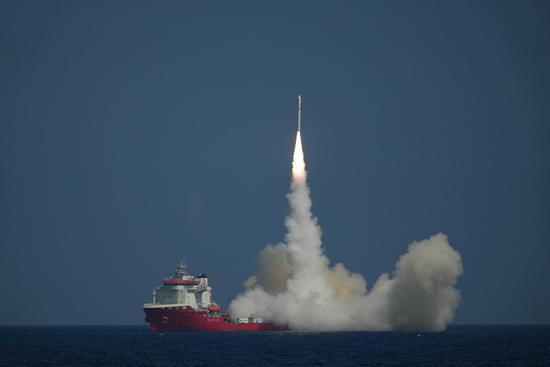
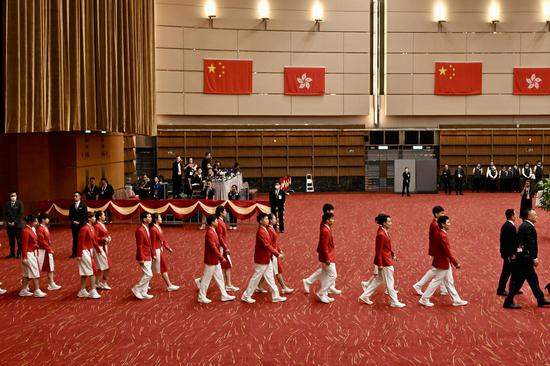


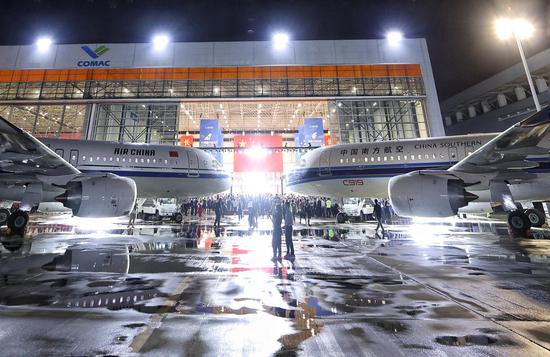
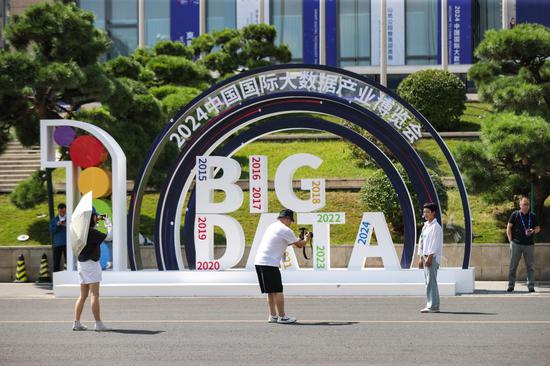
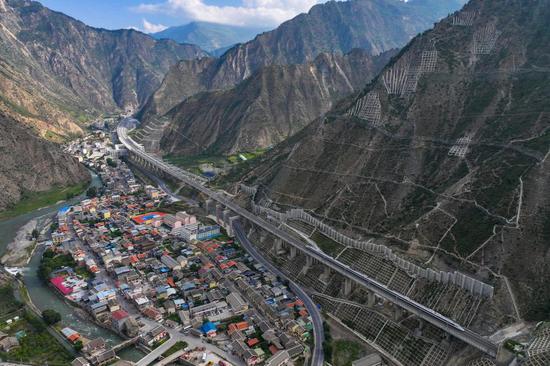






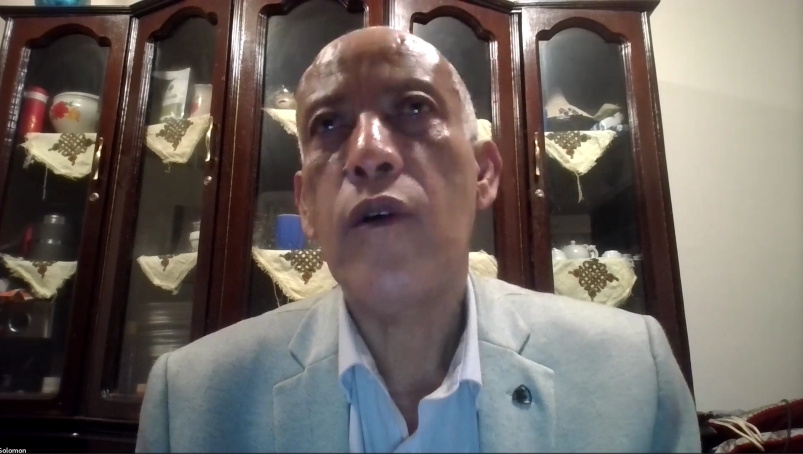

 京公网安备 11010202009201号
京公网安备 11010202009201号